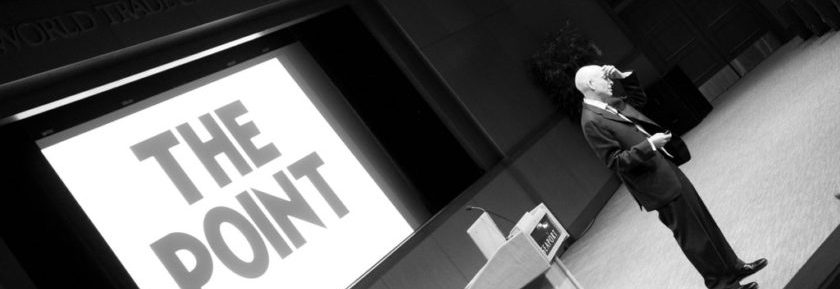Why you need to read Seth Godin

A long long time ago, and when I first set up in business for myself I discovered Seth Godin’s blog. I can’t remember how I found it, somebody probably mentioned it or linked to it. And I’ve been addicted to it ever since.
I’ve bought and read a number of his books since then, and the other day I started rereading one of his books Permission Marketing. I was surprised at just how dated it was, and then noticed that it was published in 1999. But it still had lots of really relevant tips and useful advice when I was re-reading it 16 years later.
If you haven’t come across Seth Godin’s work before, I would strongly encourage you to stop reading this and to go and read his work instead. The man is a million times better than me at writing blogs, though I do have more practical “how-to” tips, because that’s the kind of person I am.
Why Seth Godin is good
I was trying to work out why Seth’s writing was so important for me, and the millions of other people. Here are some of my thoughts on this, which are useful for any of us who want to be effective and/or influential online.
He writes short pieces
Most of Seth’s posts are less than 500 words long. He writes about one topic per post. And he writes very short sentences, in fact my English teacher, Mr Trahaerne, would probably say that these weren’t actually sentences at all.
I think that this makes the writing much more accessible and easy to understand. What’s interesting is that he’s actually putting across some quite complex ideas in these tiny posts.
He writes from the heart
You get the feeling that Seth really cares about what is writing about. He cares about the people that he is writing the blogs for. When Seth is angry about something, that comes across in his writing, and when he thinks something is good, he tells you why it is good, rather than saying “that’s brilliant” or some other superlative.
He’s not selling anything
Well, he is. He has a list of his books on the side of the blog, he’s regularly offering the chance to buy one of his courses, and he will outright ask you to do something to support one of his favoured charities.
But he doesn’t sell. He assumes a position of power and influence, and just lets you know that he has a new book out. There are no buy buttons or sales pages. Seth’s work is a brilliant example of how to give “value in advance”. He gives you all of this cool stuff, connects with you emotionally, and then once in awhile tells you, no mentions, that you have the opportunity to buy his new book, apply for his programme, or sign up for an online course.
I want to be Seth Godin when I grow up, as long as I can keep my lovely hair of course
Photo credit – thanks to Betsy Weber who seems to also have a thing for Seth Godin


